...the mission of which is to transform our Columbus, Ohio suburb of Gahanna, already a pleasant place, as evidenced by these photos that I once took during a walk around town on a nice summer day, ...into a thriving arts community that celebrates its artists, musicians, poets, performers, writers, and creators of all genres and media. As a months-long prelude to the kick-off meeting, the charter members of the Gahanna Area Arts Council have been floating the question around town, "What is Art?" in the form of a door-to-door campaign, led by a couple of intrepid GAAC members knocking on doors and posing the question to residents, ..."What is Art?" signs surreptitiously posted on lawns, storefronts, and light poles around town, and a "What is Art?" event during which residents could express their answer with paint and poster. I'm guessing there were maybe a hundred people or so at Saturday's meeting, and early in the meeting the moderator, graphic artist and GAAC founding member Christian Peck, ...asked how many people in the room were artists, in the broad sense of visual artists, writers, musicians, etc; what Christian referred to as "creatives." Most of us raised our hands. He then posed the question to us, the artists of Gahanna: "What is art?" Danged if any of us could come up with much of a coherent answer. We, the practitioners of art, were stumped to define it. Christian then asked, "Can anyone say what art isn't?" Ah, to that question I immediately knew the answer, and so I raised my hand and was offered the the microphone, into which I said: "What art isn't? What art isn't? Generally speaking, it isn't financially rewarding." My answer was met with laughter and much applause, even though we all knew my answer was a sad truth. Perhaps it was ourselves the members of the audience were applauding, because despite the financial disincentive of being a creative, we create anyway. We create, even when our art doesn't define us to the rest of the world, which rather defines us by the jobs we do to subsidize our art: to the rest of the world we're teachers, restaurant workers, baristas, bar tenders, technicians, doctors, lawyers, barbers, engineers, entrepreneurs. If we are fortunate enough to be defined by the world as an artist, a musician, a writer, or any category of creative, chances are we have spouses whose incomes subsidize ours. Or we have family members who help support us financially in the practice of our art. And it's not just that a number of us make little, no, or, in any case, insufficient income from the creation and selling of our art; it's that some of us outspend whatever we earn in promoting and marketing our art.
"Well, writing is your hobby," some well-meaning soul once said in a benevolent attempt to affirm for me why I spend all my time and so much money on my art.
Though that remark was kindly intended as a show of support and I shouldn't have taken umbrage, I took umbrage anyway. Because my writing is not my hobby. Writing is how I wish to earn a living, though it's unlikely that this wish will ever come true. But in the end it doesn't really matter. We creatives will find the means to continue to create. We have to.
2 Comments
"There is no frigate like a book to take us miles away," wrote Emily Dickinson. Though I've always understood the truth of the poet's words in describing a book one is reading, I've more recently learned that this dictum is equally true regarding a book that one has written. Since my novel was launched by Black Rose Writing last June, ...I've been navigating a sea of new and unanticipated activities, meeting new people, literary neophytes like myself as well as veteran authors full of advice and wisdom that I wish I'd been apprised of before I set sail for the strange new intertwined worlds of book-publishing and book-marketing. Still, I am continuing to rack up book-related experiences that are miles away from the sorts of things that normally fill my day-to-day world.
...with YBMB media coordinator Miguel Lopez, ...interviewing authors for the YBMB podcast, and doing a book talk segment on my own book. Our first podcast interview was with a mother-daughter team, Melisa L. Ruscsak and her daughter Cheyenne. Melisa, under the pen name of M.L. Ruscsak, writes a fantasy novel series which she calls "Of Lite and Darke,"
Cheyenne is Melisa's line editor, checking her mother's grammar and spelling, sometimes standing over her mother's shoulder as she writes. Cheyenne is 14 years old. Cheyenne is a self-described "grammar nut," a voracious reader, and autistic. For all her reading, however, Cheyenne has never read a reference book on grammar. "With her being autistic, it's one of her strengths," said Melisa of her daughter's uncanny spelling and grammatical ability.
...finishing off with an ad for the Authors at the Loft event that will take place on July 8 at The Book Loft of German Village in Columbus and during which I will be doing an open mic.
Spenser, a fantasy writer from Reno Nevada, shared with us, among other things, how he learned to draw so as to avoid in his writing what he called Wandering Mole Syndrome. I asked Spenser to explain what he meant by Wandering Mole Syndrome, though after he explained I knew exactly what he meant, all writers do, though I don't believe this phenomenon has ever been given a name before. As Spenser described it, Wandering Mole Syndrome occurs when a writer gives a character a particular physical characteristic, such as hair color, eye color, or a mole - though it could happen with a character's name, too - and then decides to change this characteristic during the course of the novel but, through lack of careful editing, neglects to make the change throughout the book. Spenser explained how as a teenager he once read a fantasy tale in which a character's mole (kind of an important mole, one gathers) was on her back in the beginning of the novel. But once at a later point in the book the mole showed up on her shoulder. Still later the mole made an appearance on the character's face. Hence when Spencer began writing he got into the habit of also drawing his characters so as to be at all times mindful of what the characters look like and the color and location of all physical features. I'm thinking that before I get much deeper into my next novel I should mayhaps learn to draw. |
"Tropical Depression"
by Patti Liszkay Buy it on Amazon: https://www.amazon.com/dp/B0BTPN7NYY "Equal And Opposite Reactions"
by Patti Liszkay Buy it on Amazon: http://amzn.to/2xvcgRa or from The Book Loft of German Village, Columbus, Ohio Or check it out at the Columbus Metropolitan Library
Archives
July 2024
I am a traveler just visiting this planet and reporting various and sundry observations,
hopefully of interest to my fellow travelers. Categories |

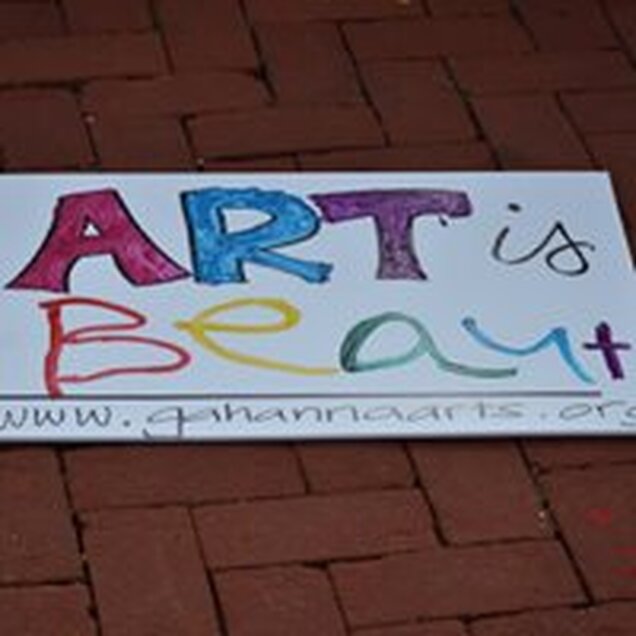



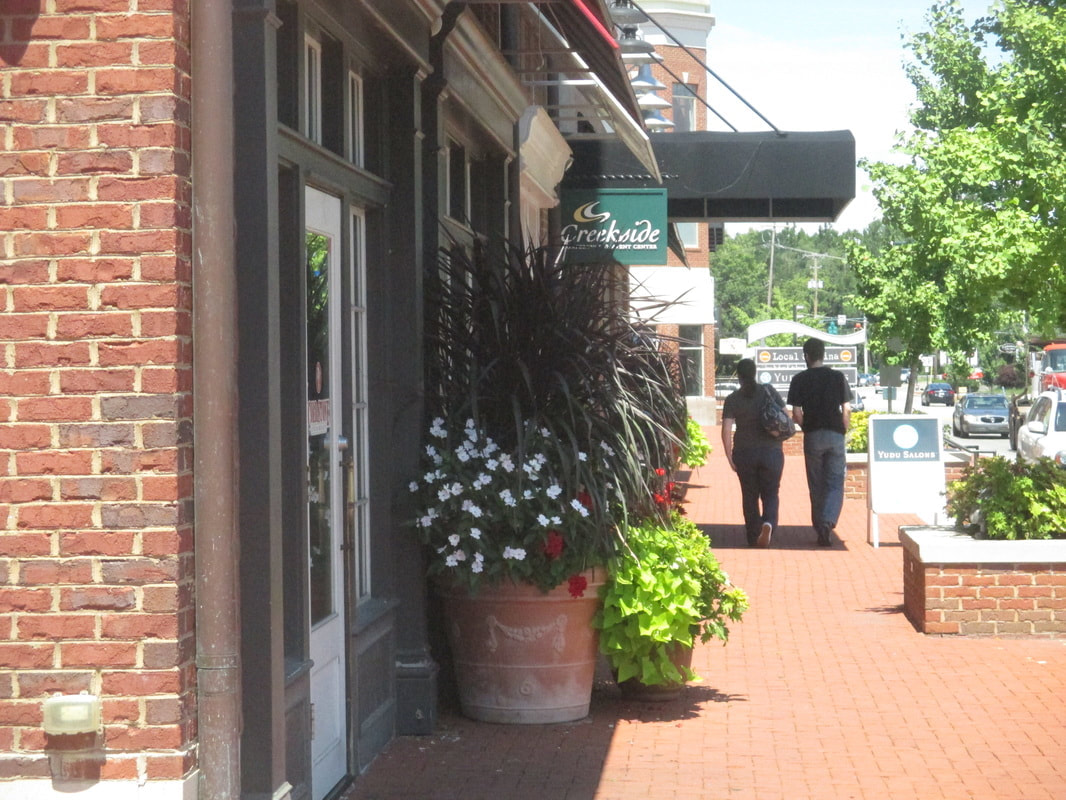





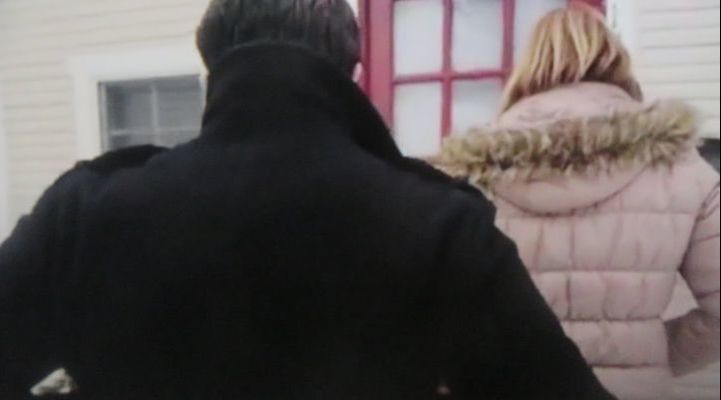
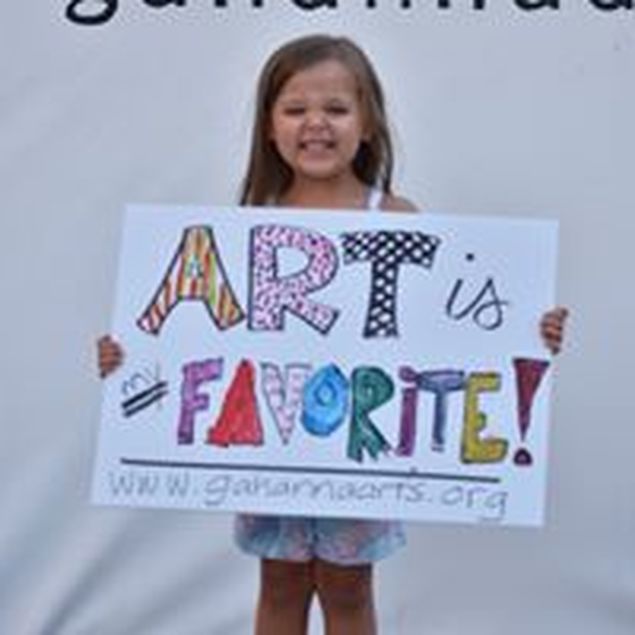
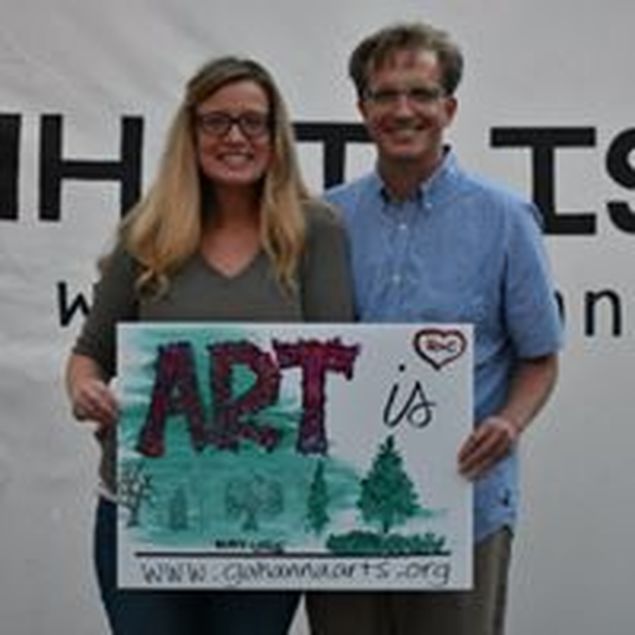
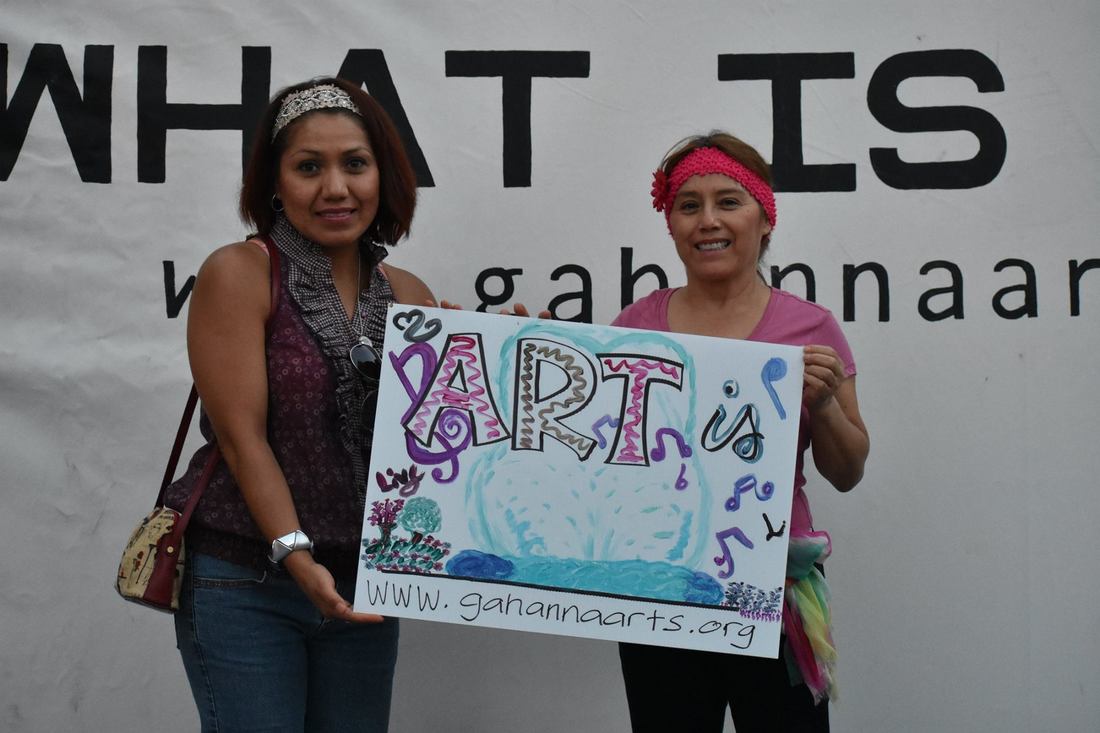
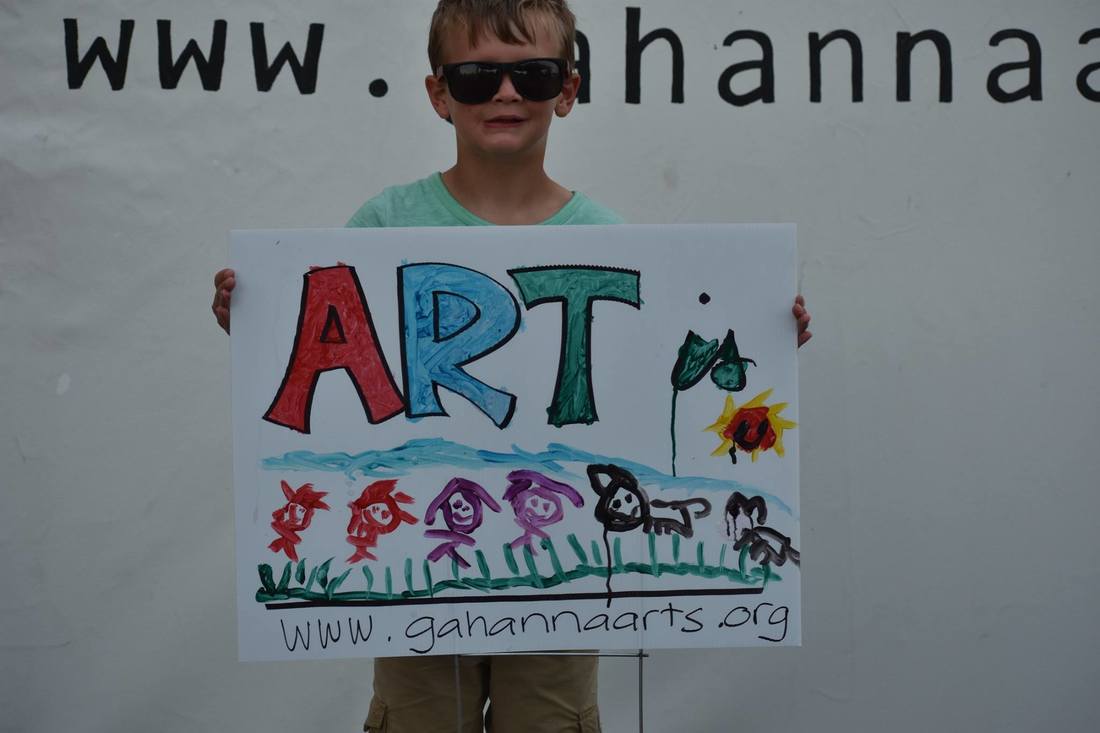
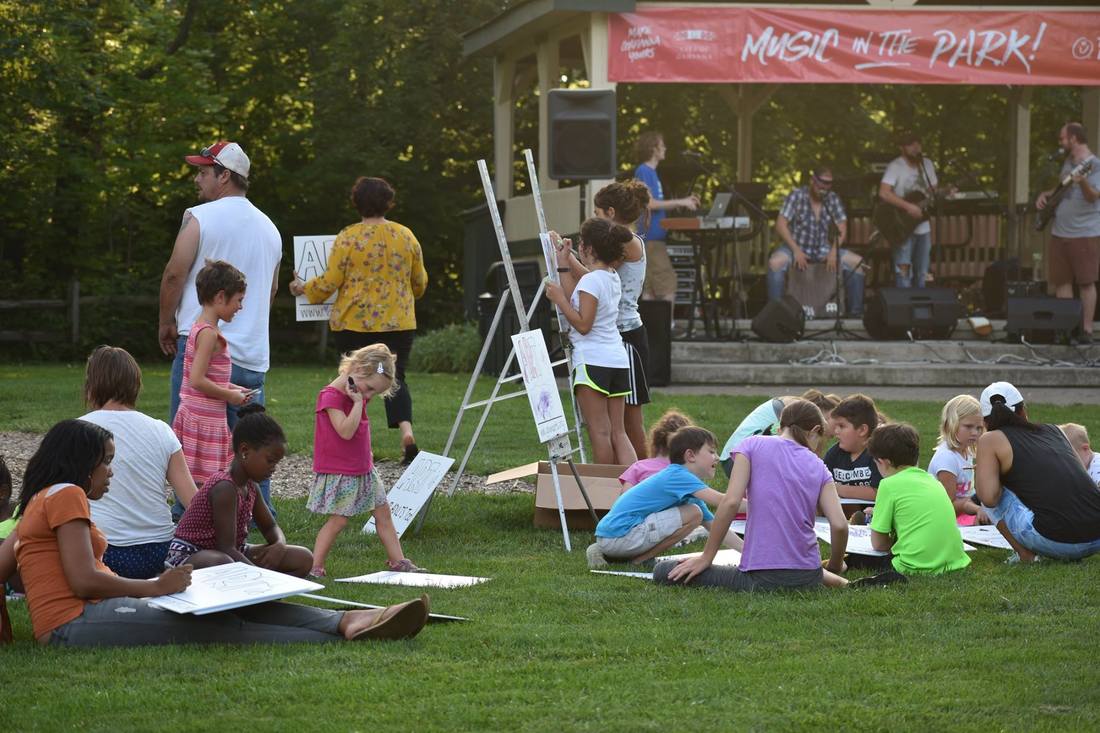
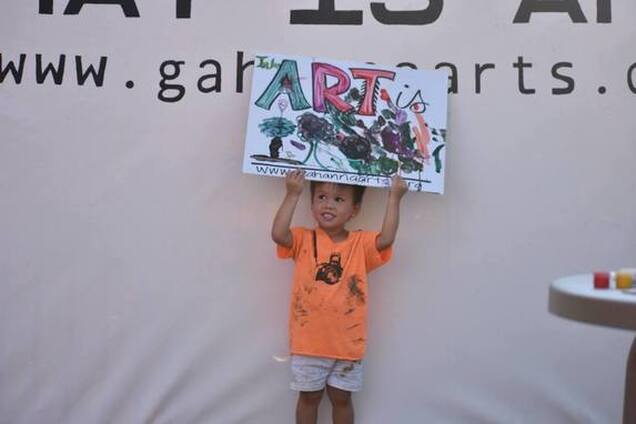
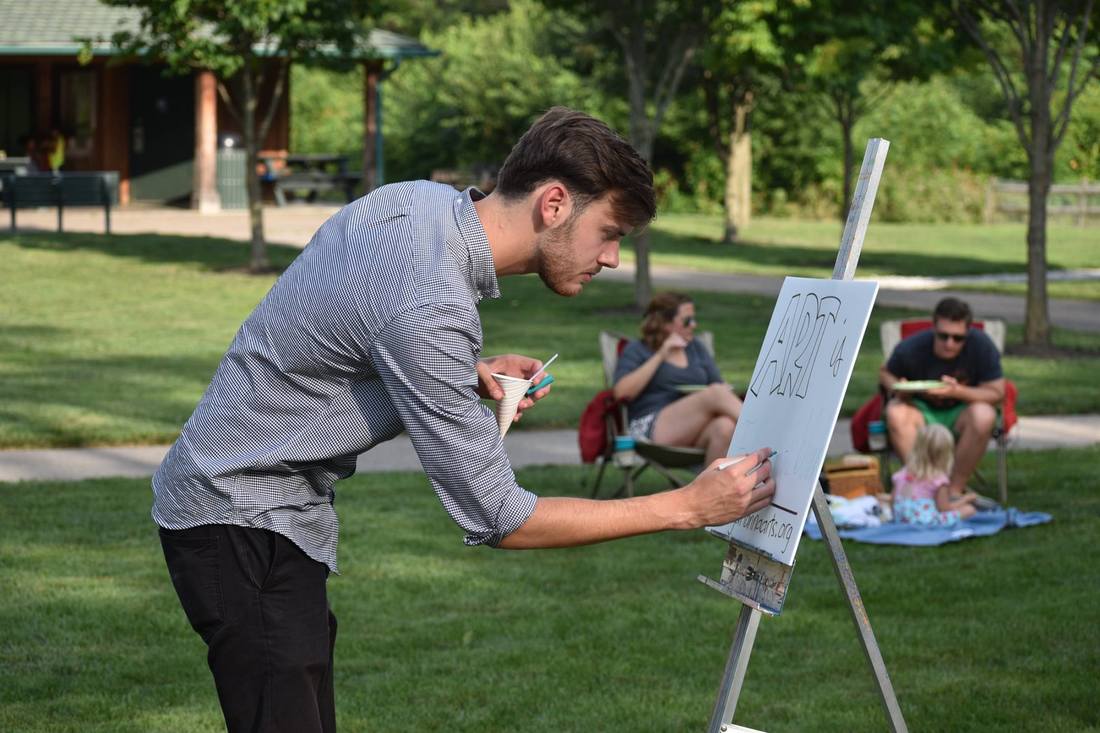
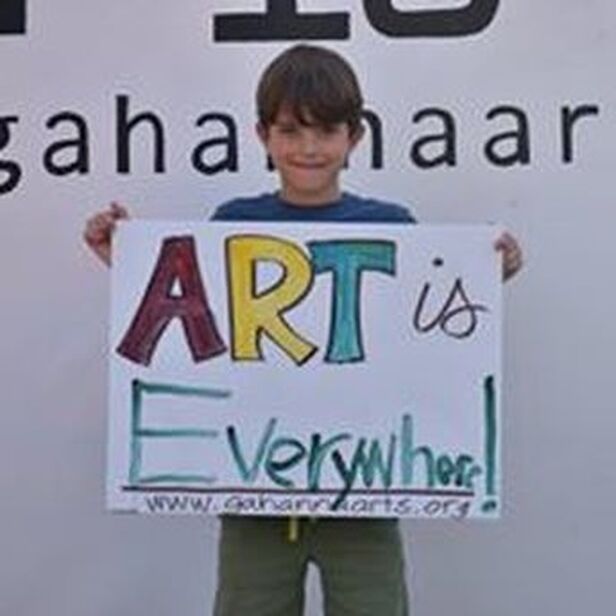
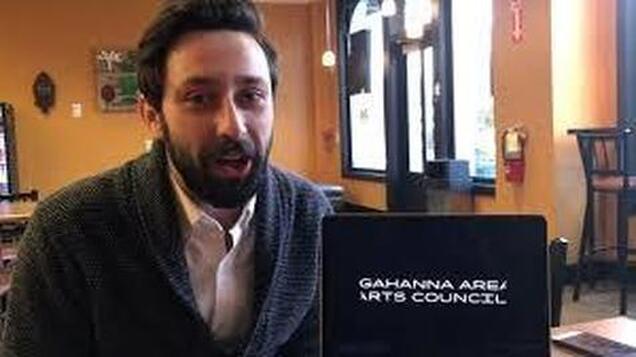
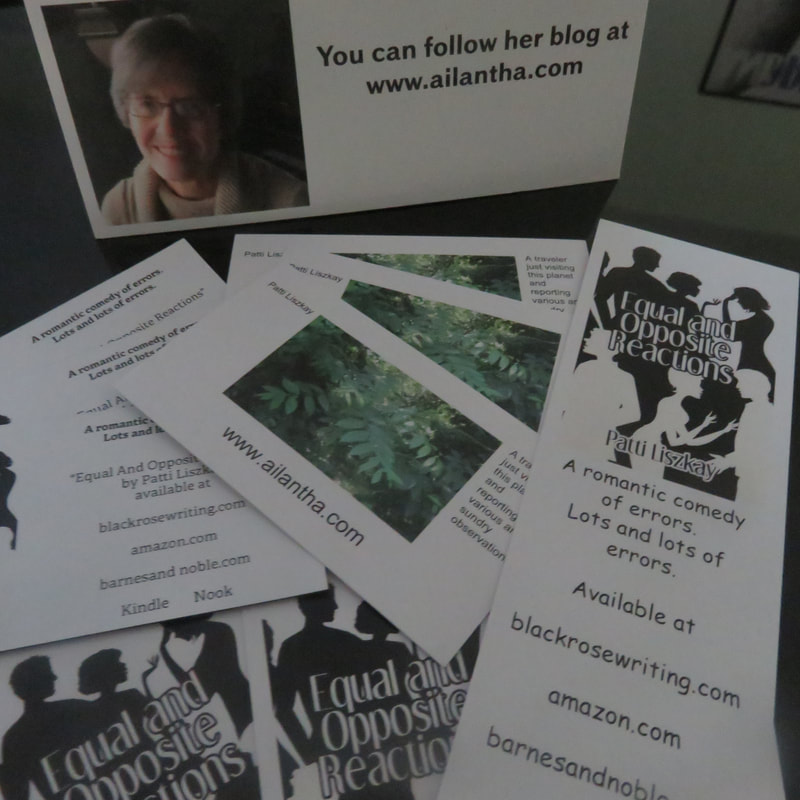
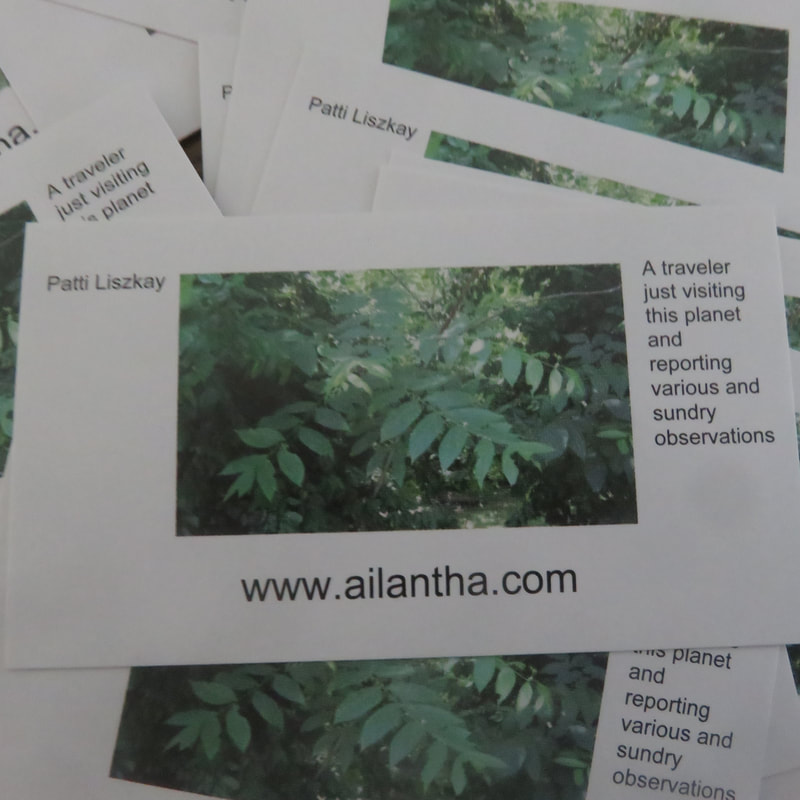
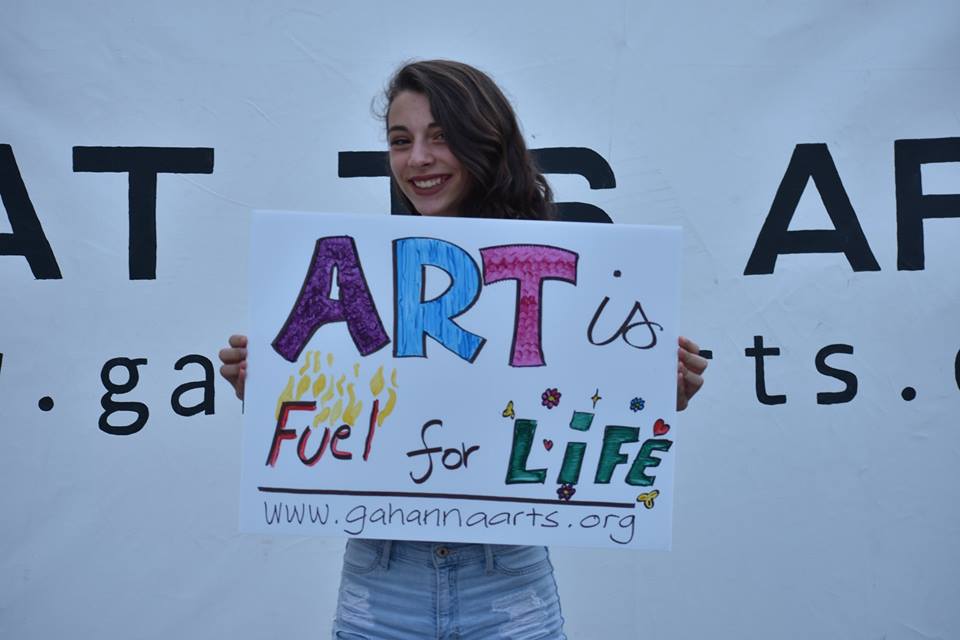
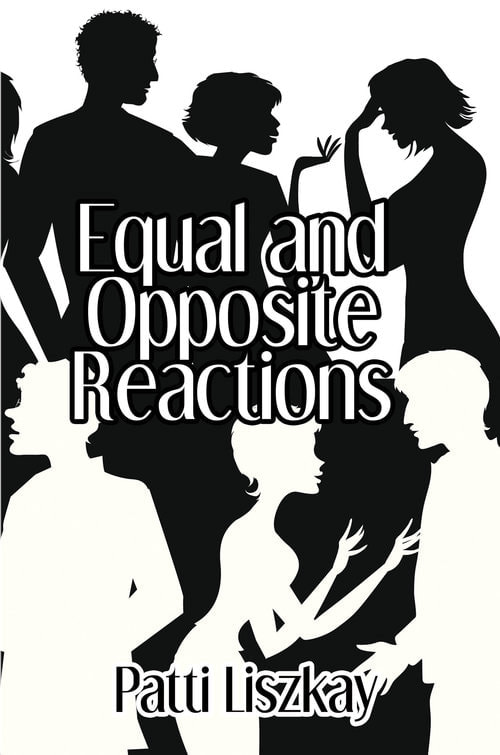
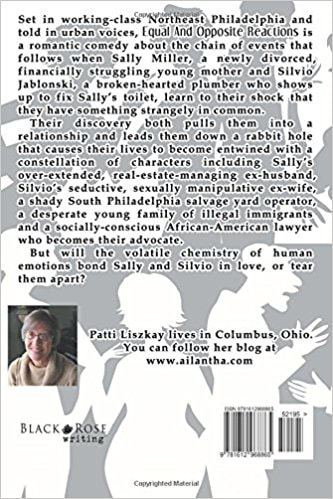
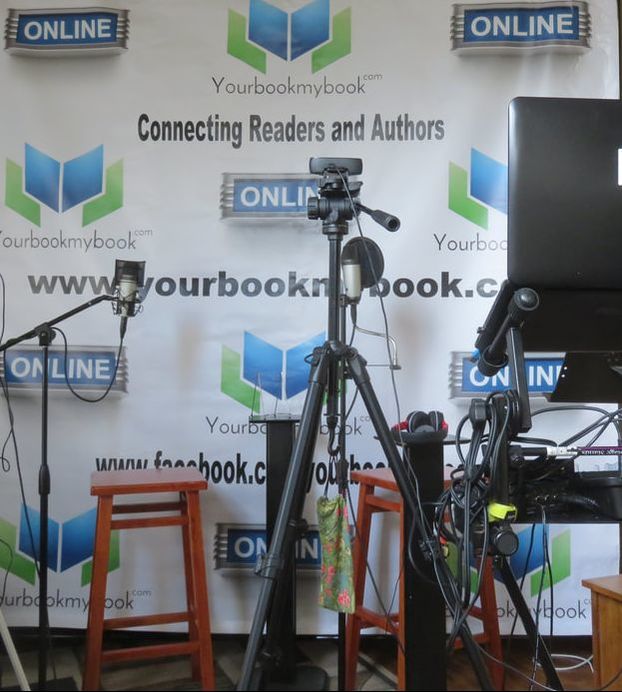
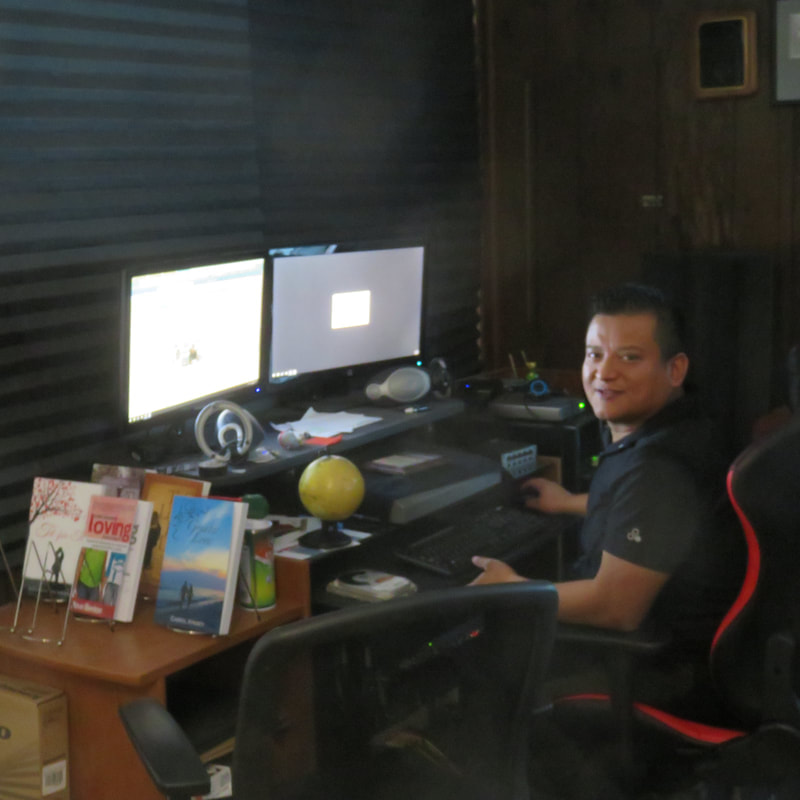
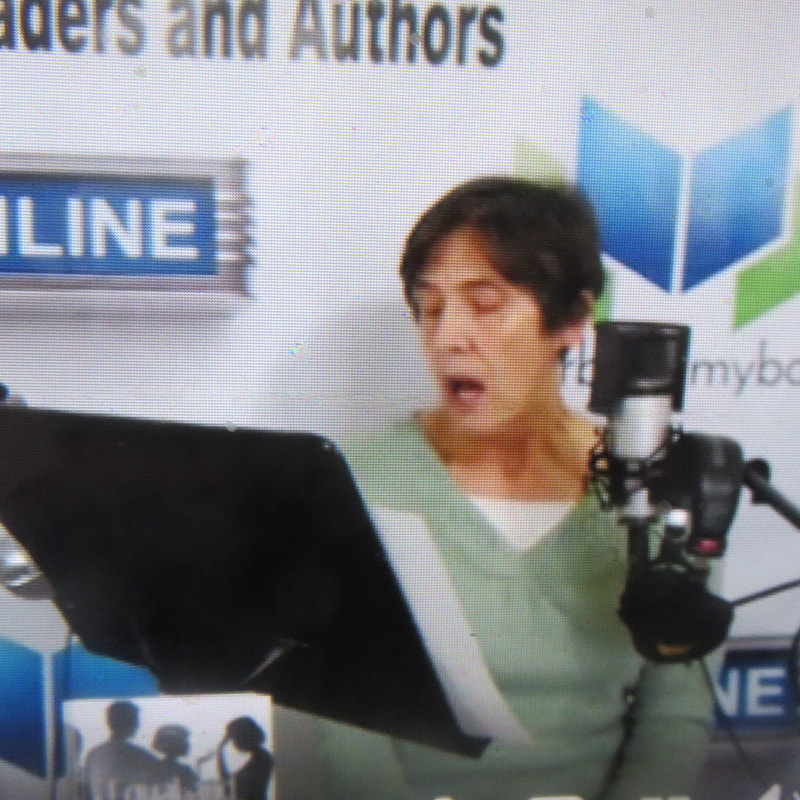
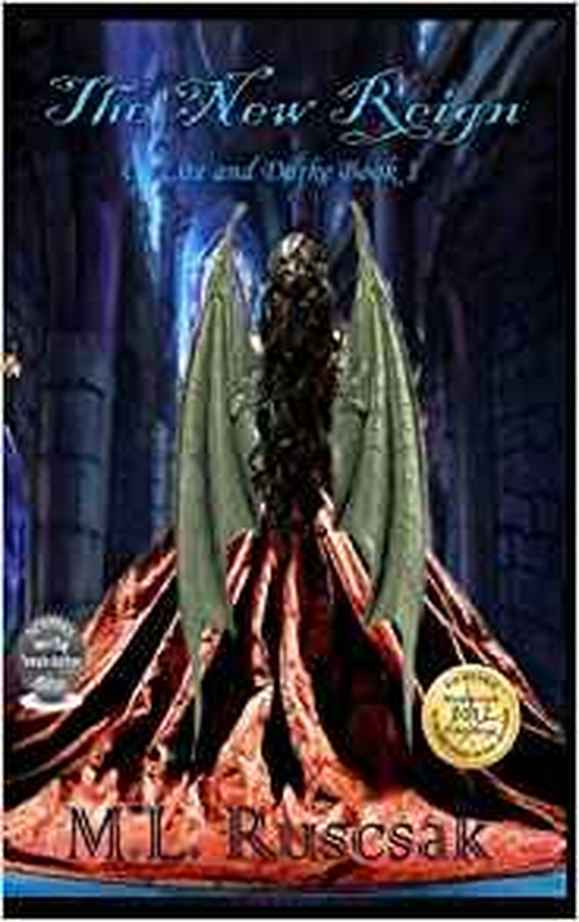
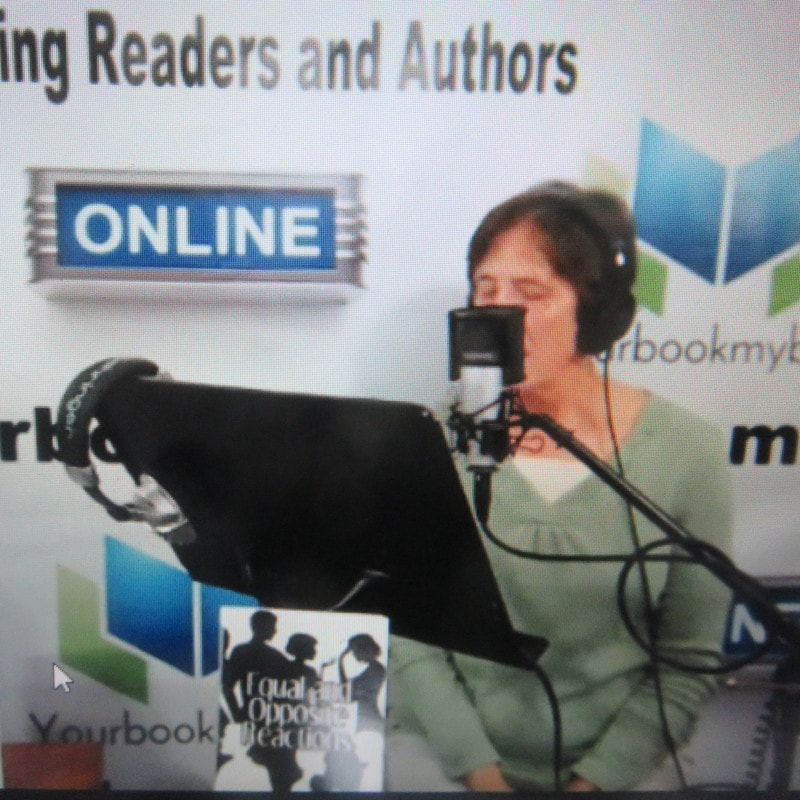
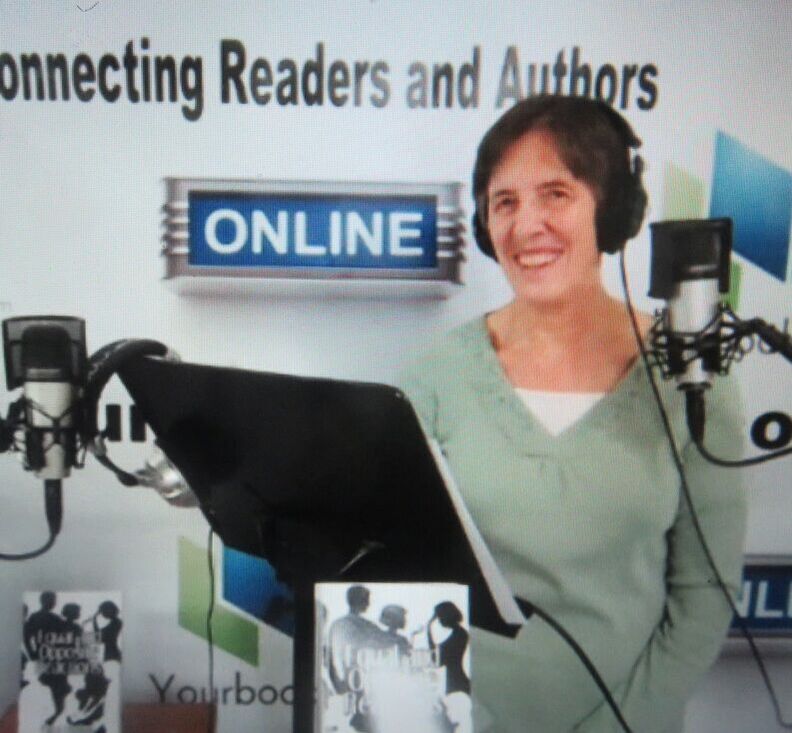
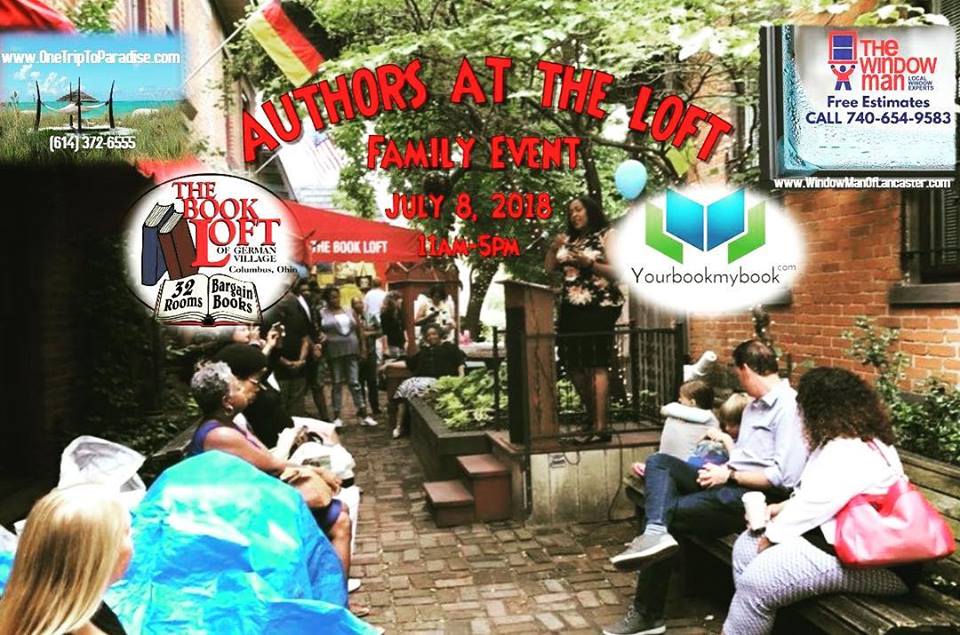
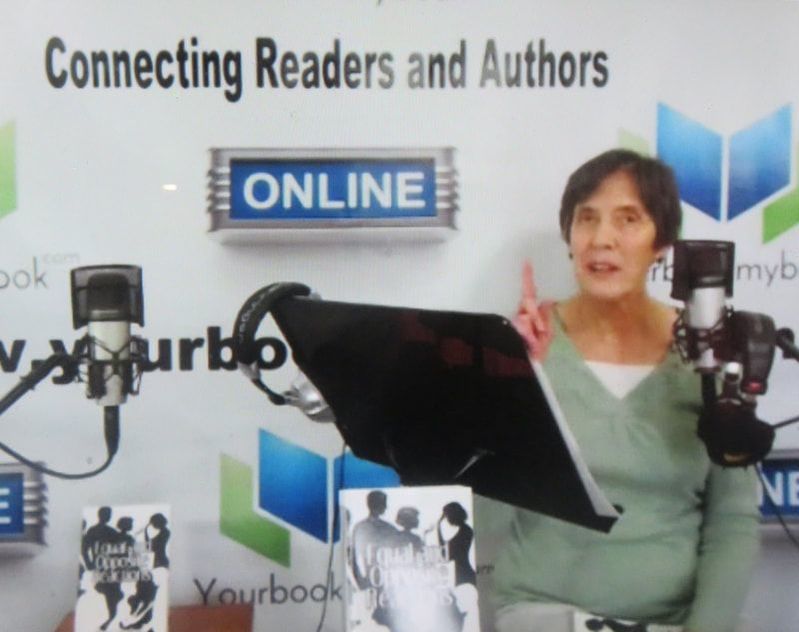
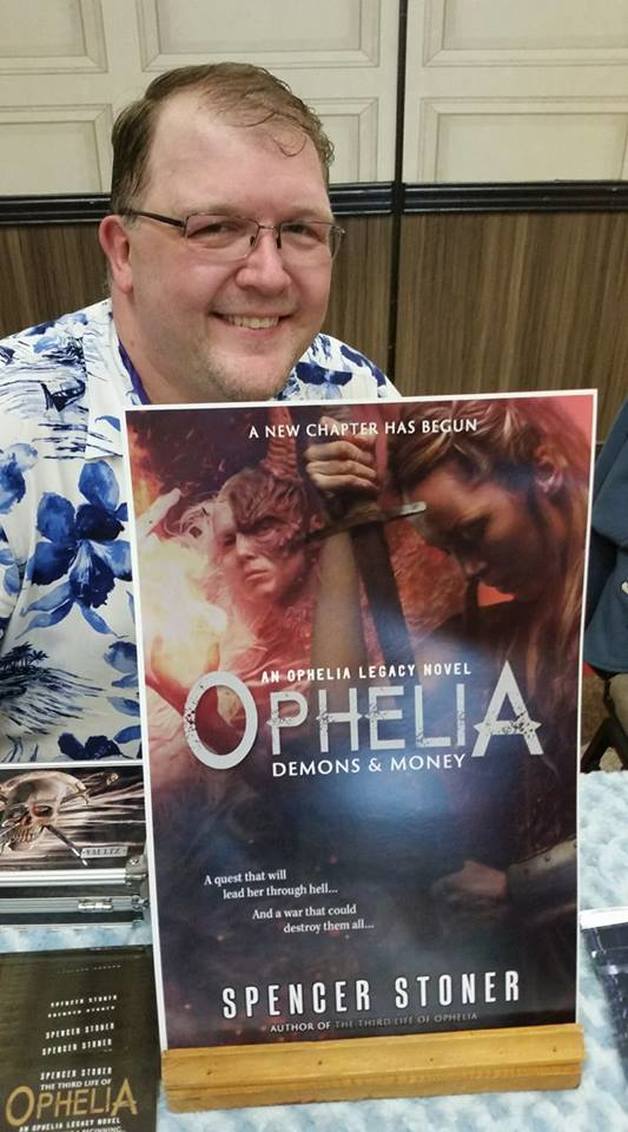
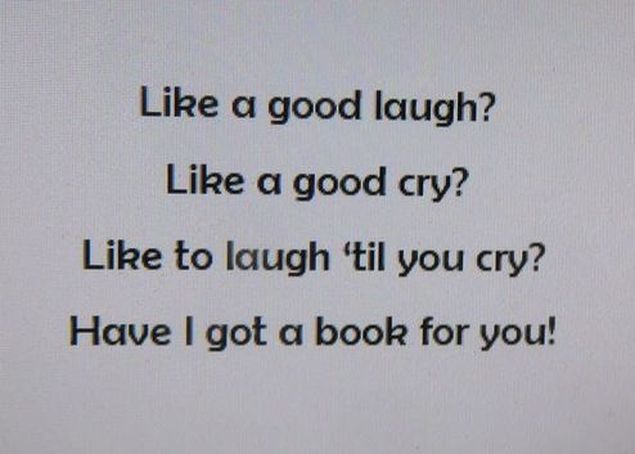
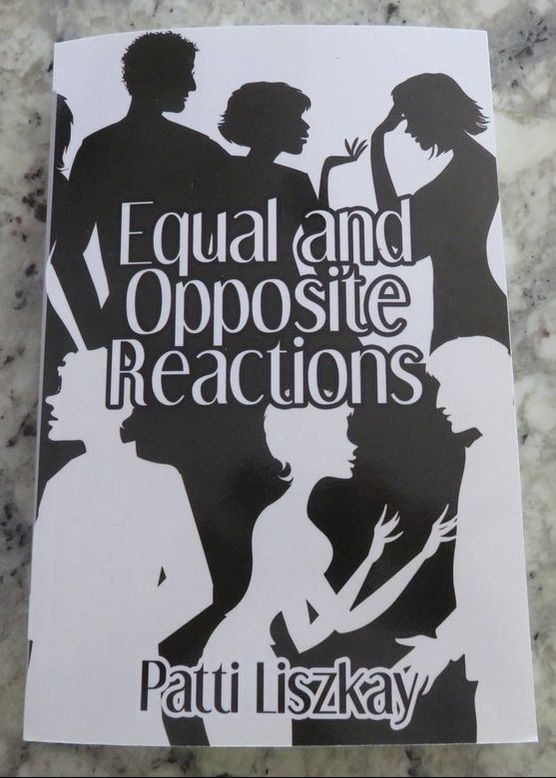
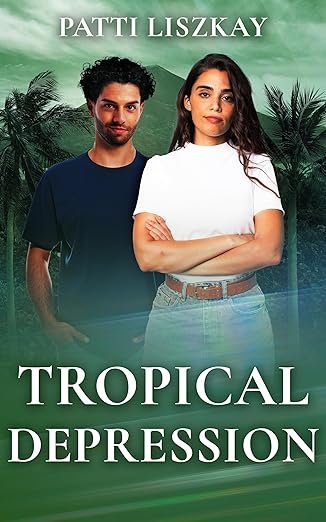
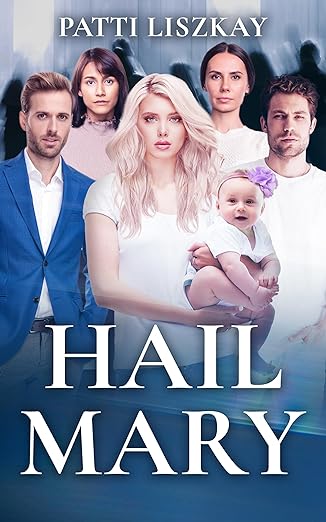
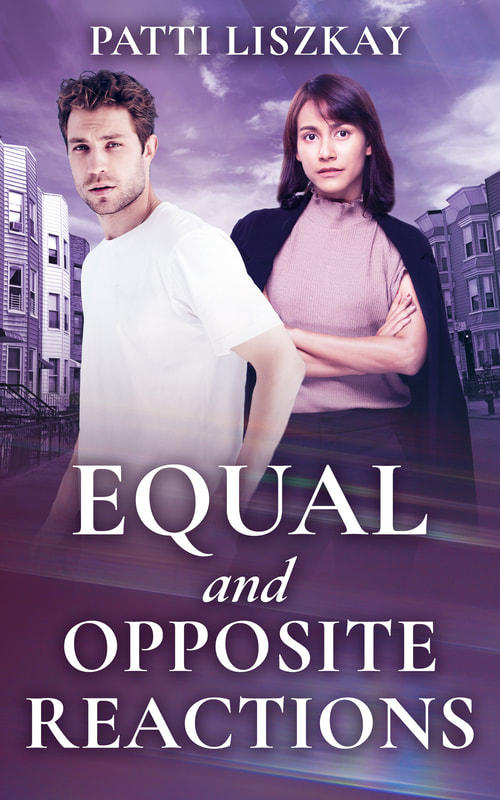
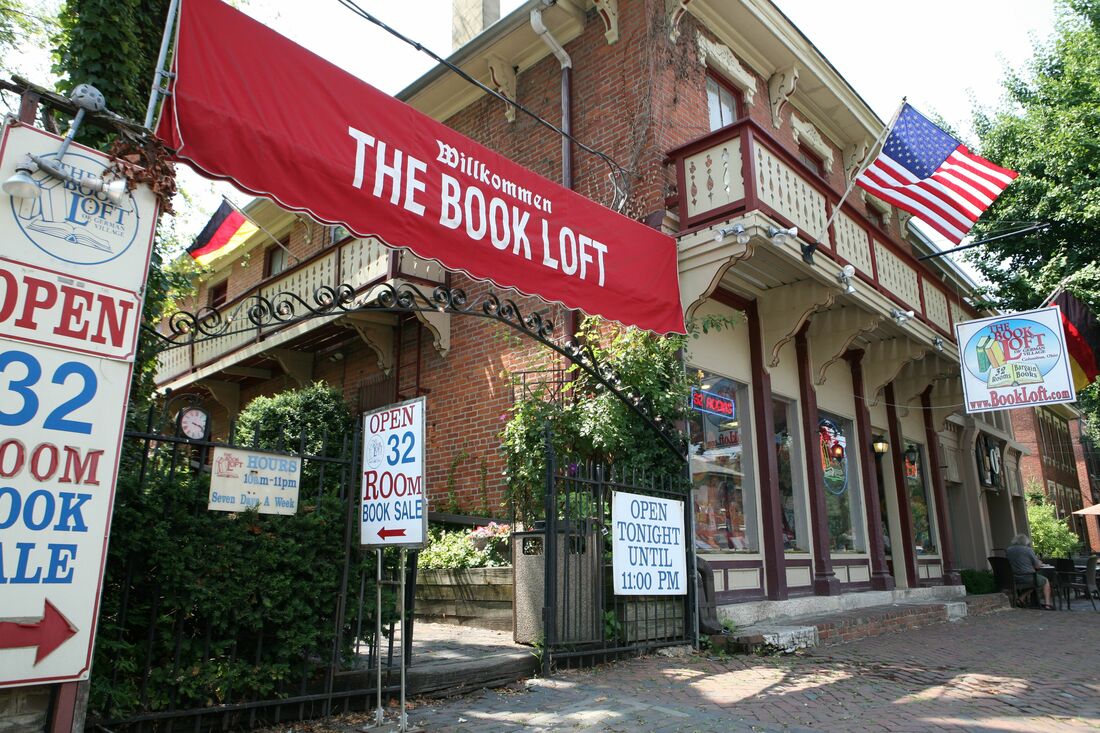
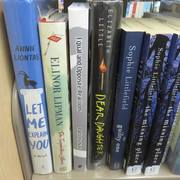
 RSS Feed
RSS Feed